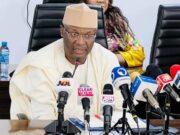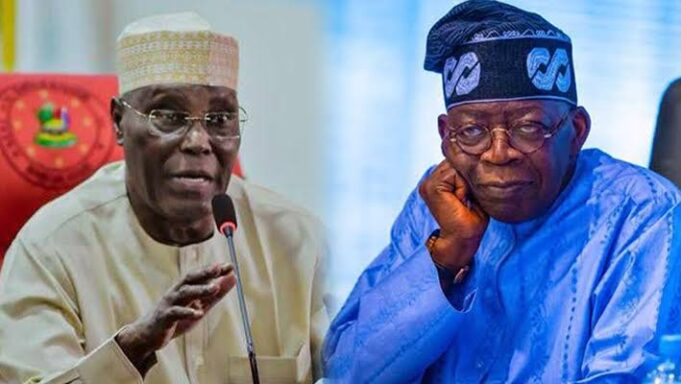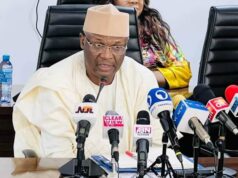Atiku Abubakar, former Vice President and the 2023 presidential candidate of the Peoples Democratic Party (PDP), has condemned the proposed 2025 national budget, claiming it will lead to economic stagnation.
In a statement on Sunday, Atiku criticized the N48 trillion budget, which forecasts N35 trillion in revenue but includes a deficit of over N13 trillion.
He argued that it reflects a continuation of the “business-as-usual” fiscal policies of the APC-led government.
The 2025 budget also includes plans for more than N13 trillion in new borrowings, with N9 trillion earmarked for direct borrowing and N4 trillion allocated for project-specific loans.
Atiku contended that this borrowing strategy is similar to those of past administrations and will only worsen Nigeria’s public debt, increasing risks related to foreign exchange exposure and rising interest payments.
Highlighting key concerns with the budget, Atiku pointed out issues such as weak budgetary planning, high debt servicing costs, excessive recurrent spending, insufficient capital investment, and regressive tax policies.
He particularly criticized the planned VAT increase from 7.5% to 10%, describing it as a retrogressive move that would further burden the population and hinder economic growth.
“The planned VAT hike is a step backward that will worsen the cost-of-living crisis and stifle growth,” Atiku said.
“By imposing higher taxes on an already struggling population and failing to address deep-seated inefficiencies in governance, the government risks dampening domestic consumption and intensifying economic hardships.”
Atiku further emphasized that the proposed budget lacks the structural reforms necessary to tackle Nigeria’s long-term economic issues.
He urged the administration to focus on reducing inefficiencies in government operations, tackling inflated contracts, and prioritizing fiscal sustainability instead of continuing to rely on unsustainable borrowing and recurrent expenditures.
Atiku called for a more strategic approach to Nigeria’s economic future, one that moves beyond temporary fixes and focuses on long-term growth and stability.

















